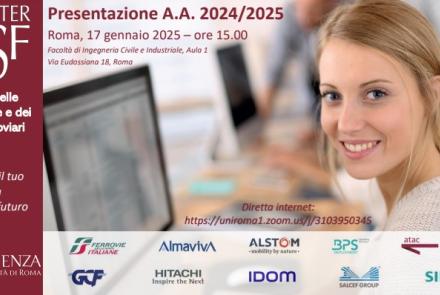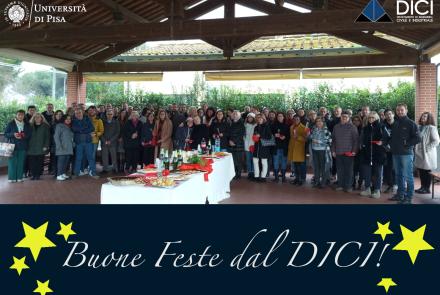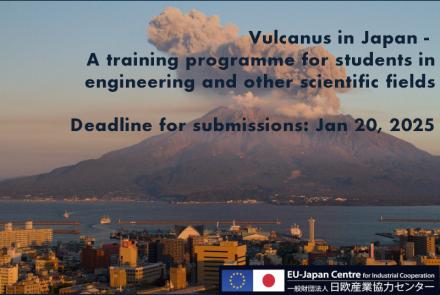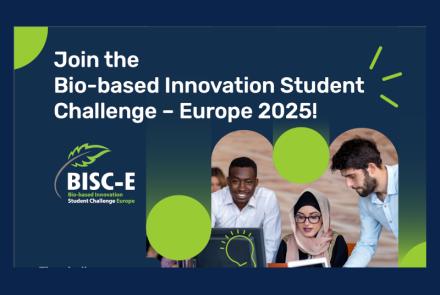Prime VR2
Start date 1 Ottobre 2019
End date 30 Settembre 2022
Project cost € 3 998 353,75
Project funding € 3 998 353,75
Unipi quota € 541 875
Call title H2020-ICT-2018-3
Unipi role Coodinator
Project website: http://prime-vr2.eu/
Unipi Team Leader: Sandro Barone, Dipartimento di Ingegneria Civile e Industriale
VR technology for productive rehabilitation
For people struggling through rehabilitation, virtual reality (VR) environments show promise but several technical problems must first be solved. The EU-funded PRIME-VR2 project aims to develop a state-of-art digital environment for VR rehabilitation at home through a virtual gaming space that will provide proper stimulation and friendly competition. The treatment will concentrate on motor skills of the upper body (an arm, hand and finger movements). The VR environment will be customised through adaptive controllers and shaped individually for each user according to their condition. It will be a great step forward for European interactive technology in improving physical health and performance.
Objective
Virtual Reality (VR) environments have huge potential for those with compromised physical capability in providing a sense of freedom and motivation, but there are significant barriers in access and effective use in this context. To address these user and technological challenges, this project aims to develop an accessible, collaborative VR rehabilitation environment that uses a serious gaming virtual space to provide stimulus, socialisation and friendly competition for users on the path to rehabilitation.
By focussing on upper mobility and the reclamation of fine motor skills, the issues of fidelity of movement, ergonomic accessibility, adaptive testing and feedback, and socicalision become paramount in creating a viable user experience. Access to the VR environment will be via customised, adaptive controllers that are tailored for individual users to provide a unique and enhanced level of accessibility and constructed using advanced additive manufacturing techniques.
The delivery of the software and hardware elements of this research will require the development of an integrated digital platform that will extend state-of-the-art digital technology in: the configuration of a collaborative VR serious gaming environment for rehabilitation purposes; the rapid acquisition of detailed anatomical and biomechanical user data in relation to the upper body with a focus on the hands and wrists; new principles of mechanical switch actuation and form generation in additive material structures; advanced human-centred design techniques to determine requirements and assess performance; and extended principles of design for manufacture and automation for additive structures and housing design. Three demonstrator controllers will illustrate how arm, hand and finger movements can be remapped for dynamic travel according to specific user conditions and allow for validation of a sustainable competitive ecosystem of European technology in the domain of interactive rehabilitation.
Coordinator
Università di Pisa
Participants
- UNIVERSITY OF STRATHCLYDE, United Kingdom
- UNIVERSITA TA MALTA, Malta
- OULUN YLIOPISTO, Finland
- UNIVERSITY COLLEGE LONDON, United Kingdom
- LOUD1DESIGN LIMITED,United Kingdom
- KERUBIEL KERESKEDELMI ES SZOLGALTATO KFT, Hungary
- FLYING SQUIRREL GAMES MALTA LIMITED, Malta
- CAPITOLA DIGITAL BV, Netherlands
- CROWDHELIX LIMITED, Ireland
- INLECOM INNOVATION ASTIKI MI KERDOSKOPIKI ETAIREIA, Greece
- SAINT JAMES (CAPUA) HOSPITA LTD, Malta
- KINISIFORO LTD, Cyprus
- GLOBAL DISABILITY INNOVATION HUB CIC, United Kingdom

